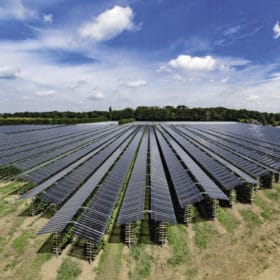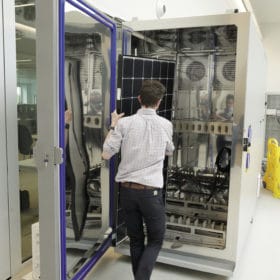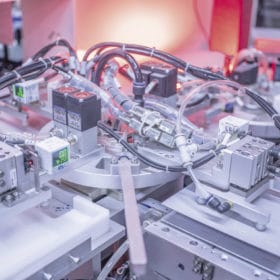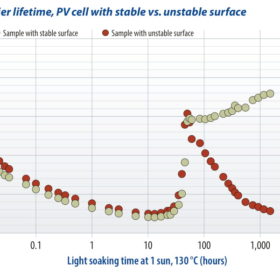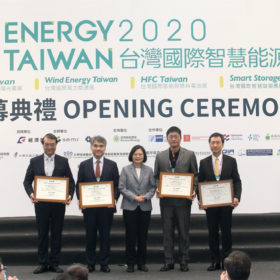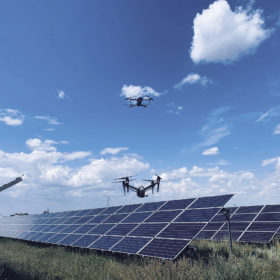Building PV for the future
Financiers and investors have always understood that PV power plants play a more prominent role than just generating profits – they also produce electricity without emitting carbon. Lately, the sector is discovering that PV can fulfill a much larger range of environmental functions – improving biodiversity, removing carbon from enriched soils, and producing food in an environmentally sustainable way. Everoze Partner Ragna Schmidt-Haupt argues that putting ecological sustainability at the heart of PV project planning and operation should become the new standard.
Bifacial adoption spurs rethink on PID
PV systems are unique among electronic devices, as they are expected to survive outdoors for at least 25 to 30 years. This makes module and system quality one of the cornerstones of guaranteed returns on investment. Potential-induced degradation (PID) is a critical failure mode with a potentially high financial impact. New research from imec and Hasselt University looks at the damaging impact that PID can have on bifacial technology, writes Michaël Daenen, a professor at EnergyVille and Hasselt University.
History repeats
“Unprecedented” was a term widely used in 2020, as the world grappled with the Covid-19 pandemic. The same word can be similarly applied to the plans and investments in production capacity announced by Chinese PV manufacturers right across the supply chain. But what shape are these expansions taking and what is driving this renewed confidence? Vincent Shaw reports from Shanghai.
A deeper understanding of LeTID
Australia’s University of New South Wales (UNSW) has built a reputation for strong collaboration with the PV industry, from cell passivation through to the causes of degradation. Malcolm Abbott, a senior research fellow, directs one of the UNSW teams that is continuing its work into light and elevated temperature-induced degradation (LeTID). He recently spoke with pv magazine to provide an update.
Rewarding performance, durability
Developing PV cells and modules that can achieve high performance and durability can be challenging – particularly in the cost-competitive solar marketplace. Officials in Taiwan have sought to promote both goals through its Taiwan Excellence PV Award, which in its eighth year continues to attract the cream of the country’s solar manufacturers.
A PV band-aid
DuPont has developed a repair kit for PV modules with backsheet failures. Cracked and chalking backsheets can cause problems for solar project owners, but this could easily be addressed in the field without swapping out the PV modules. Stéphan Padlewski, regional marketing leader EMEA at DuPont Photovoltaic Solutions, spoke to pv magazine about how the solution works.
In Conversation: Going full circle
With manufacturing ramping up year by year and policies already looking to get ahead of the large volumes of end-of-life products, the landscape for lithium-ion battery recycling is rapidly changing. pv magazine recently spoke with Mari Lundström, associate professor of chemical and metallurgical engineering at Aalto University, to find out what is needed on the research side for the effective recycling of batteries.
Gigafabs in India
India’s solar module makers have built a strong track record, and now the country is set to see vast battery facilities developed. Uma Gupta provides a look into ambitious manufacturing projects and the wider enabled ecosystem.
Game of drones
Drones have already established themselves in industries as disparate as warfare, wedding photography, and burrito delivery, and increasingly the solar sector is taking the high road, too. Combined with thermal imaging, drones have the potential to obviate expensive maintenance costs for large-scale solar plants, as well as C&I and growing niches like floating PV. But how useful are they, and what role does AI play in making the most of a bird’s eye view?
‘India presents a big market opportunity for us’
Sujoy Ghosh, First Solar’s vice president for India and the Asia-Pacific region, speaks to pv magazine India’s Uma Gupta about the company’s plans to set up a 3.3 GW module fab in India to service the local market.
